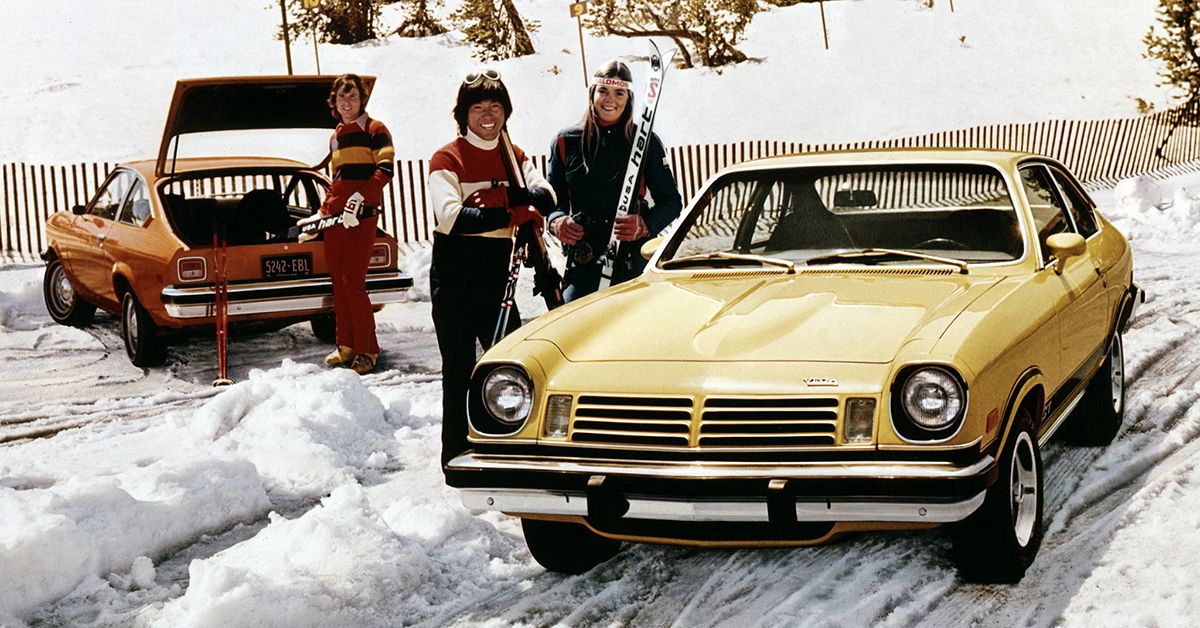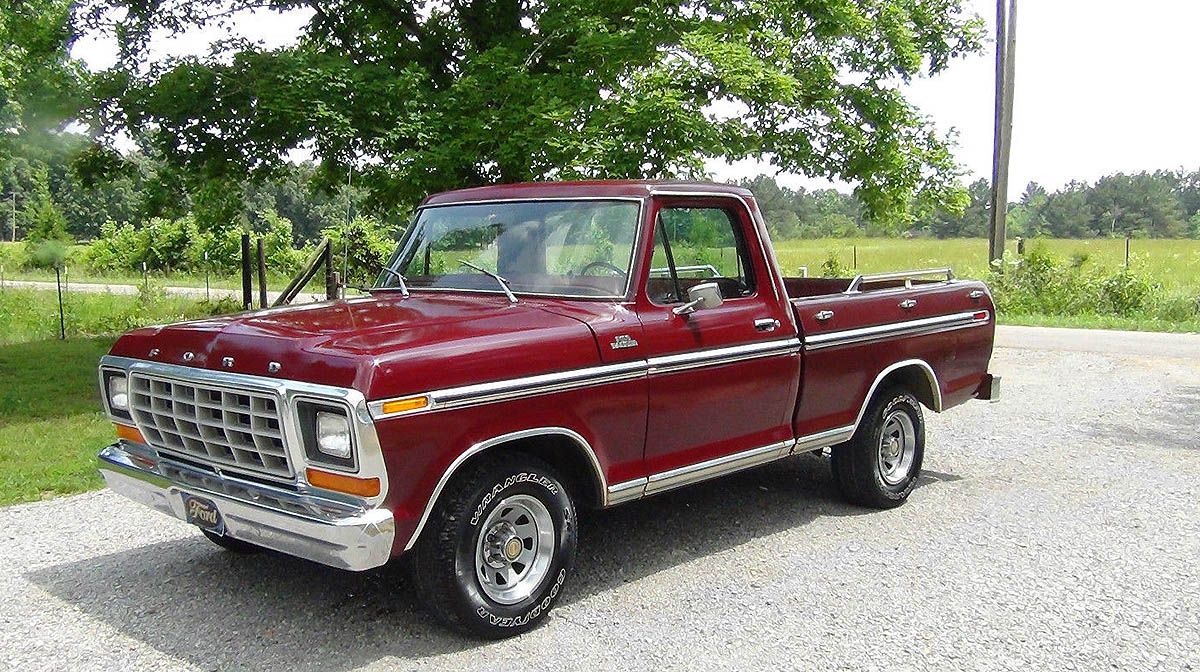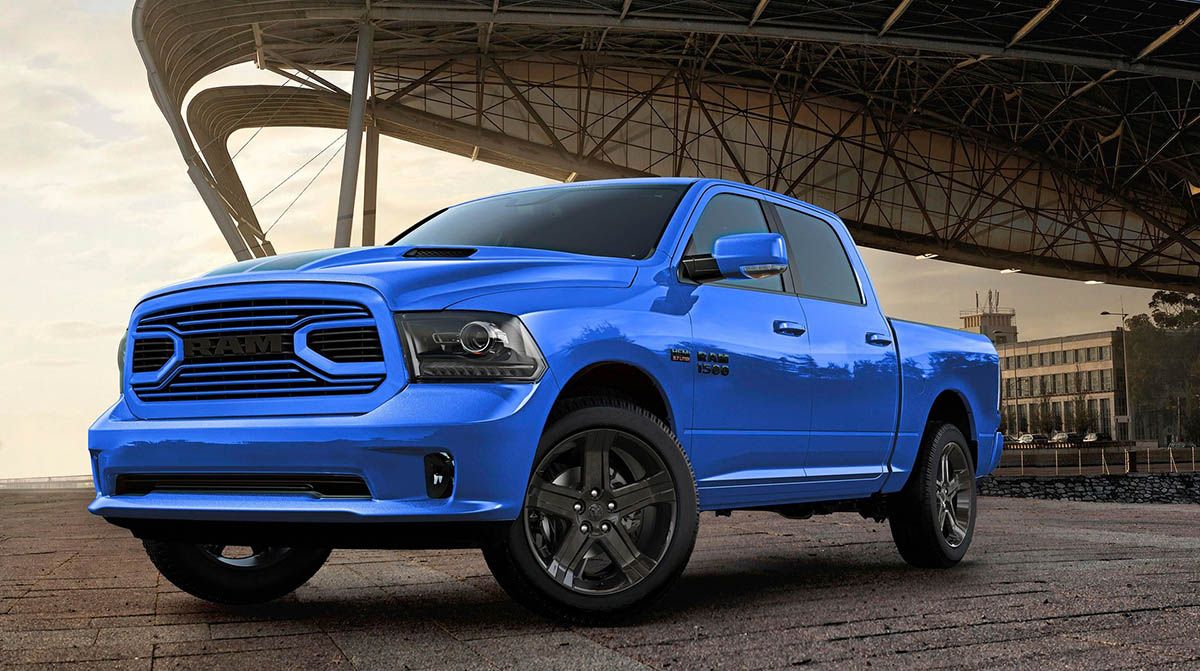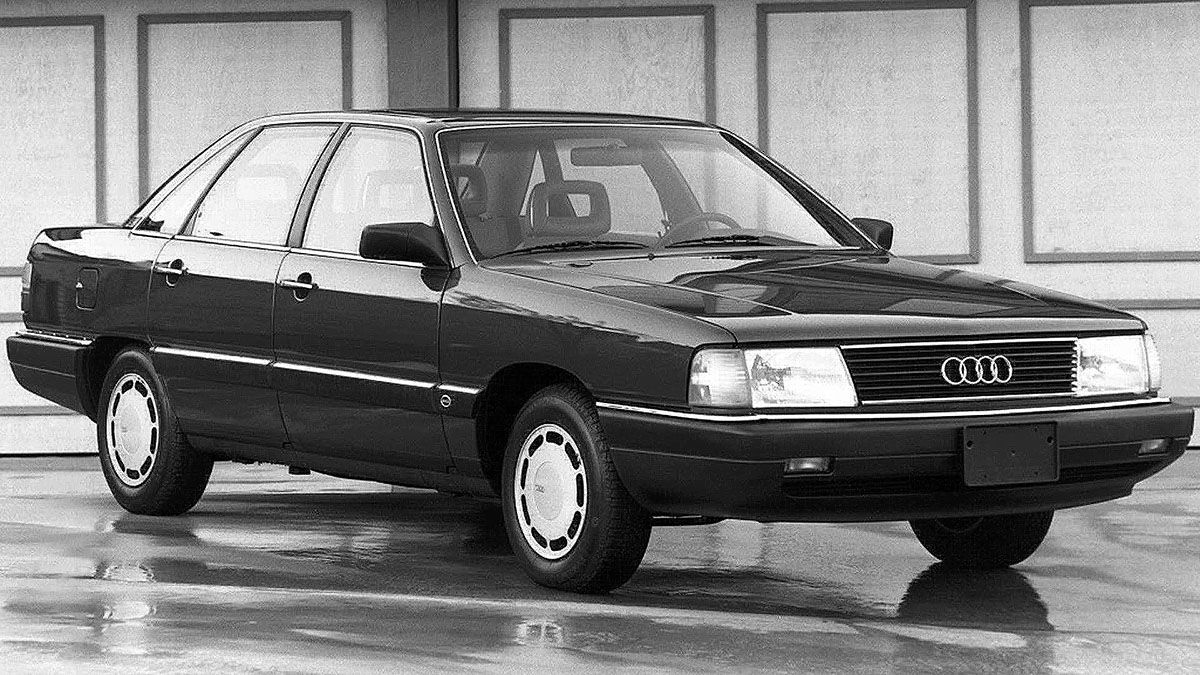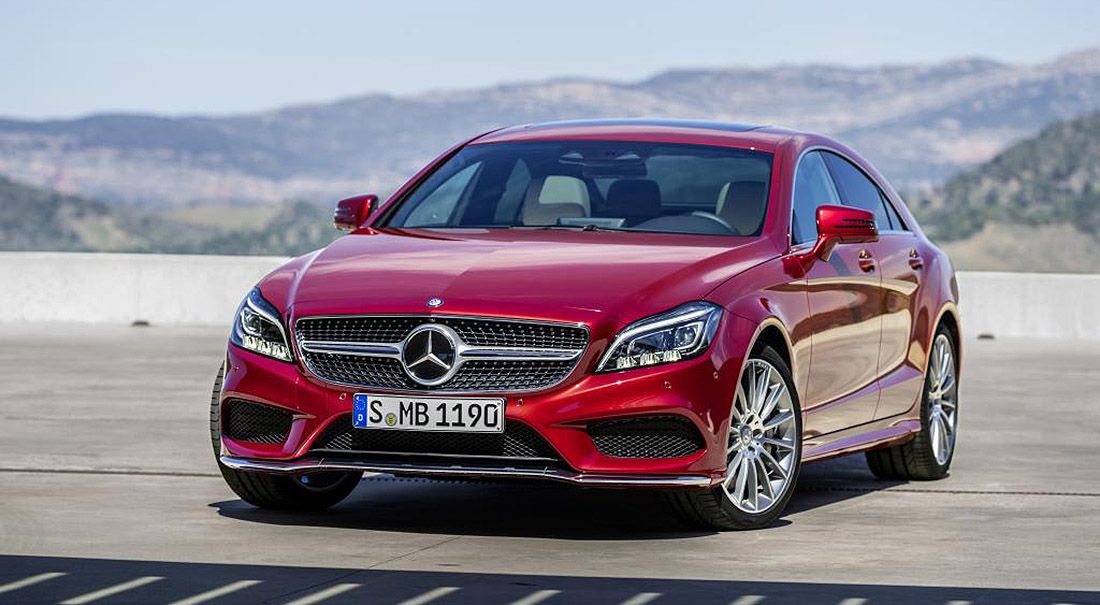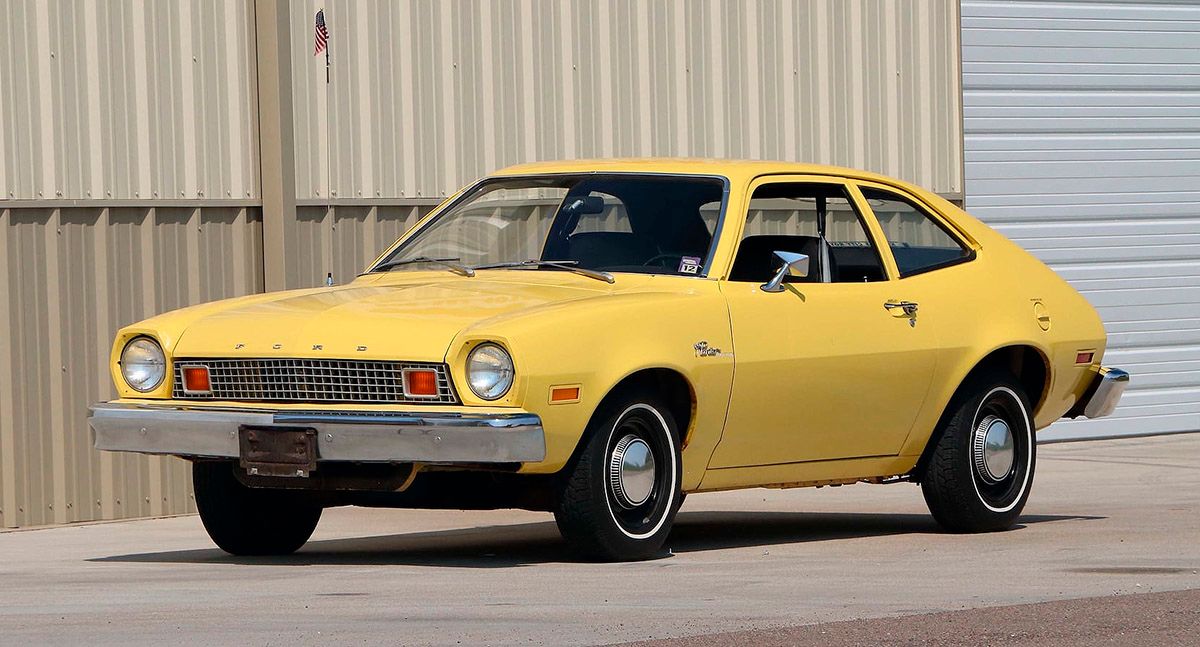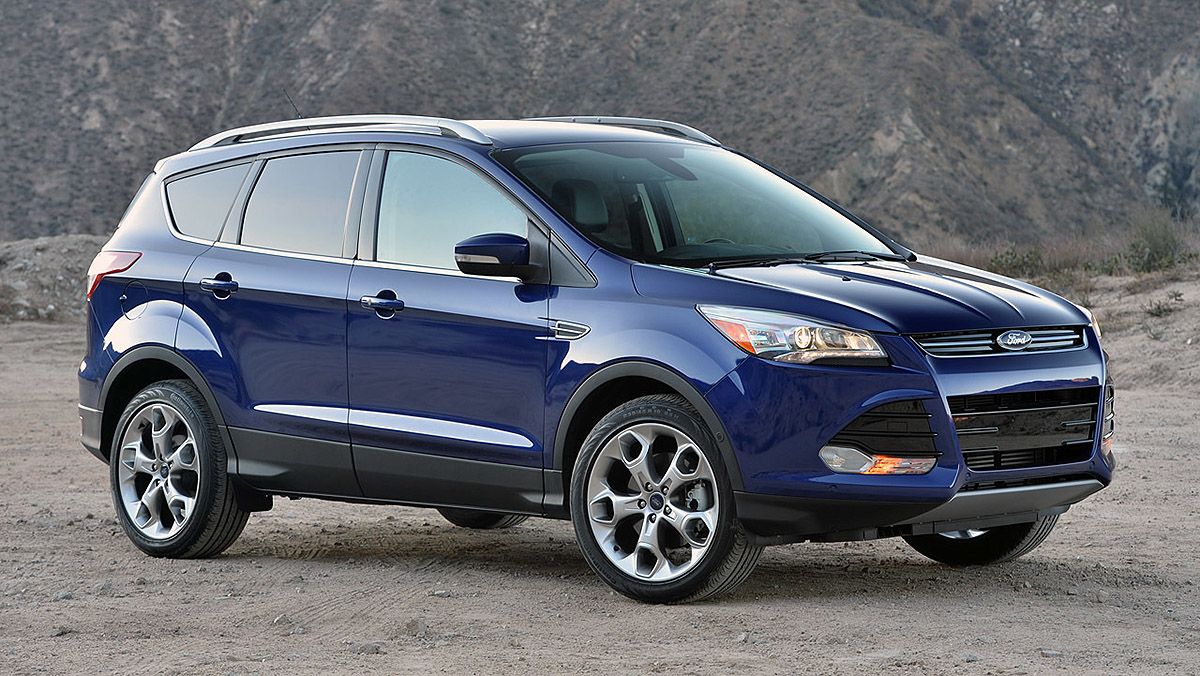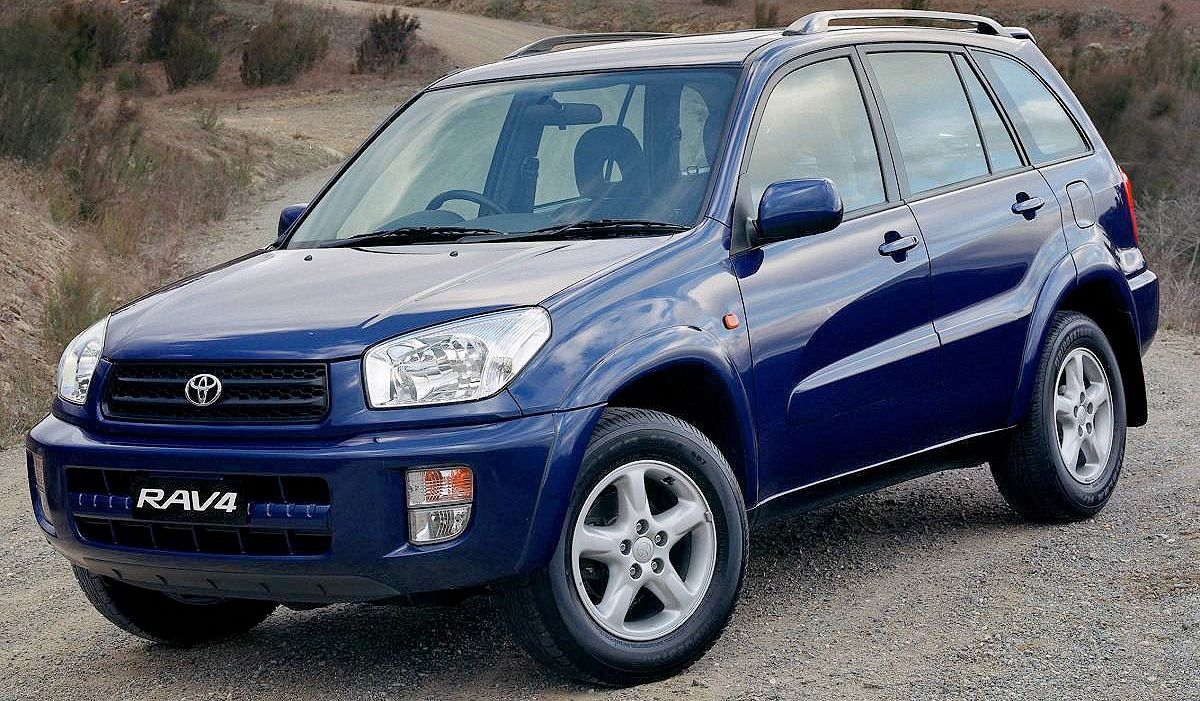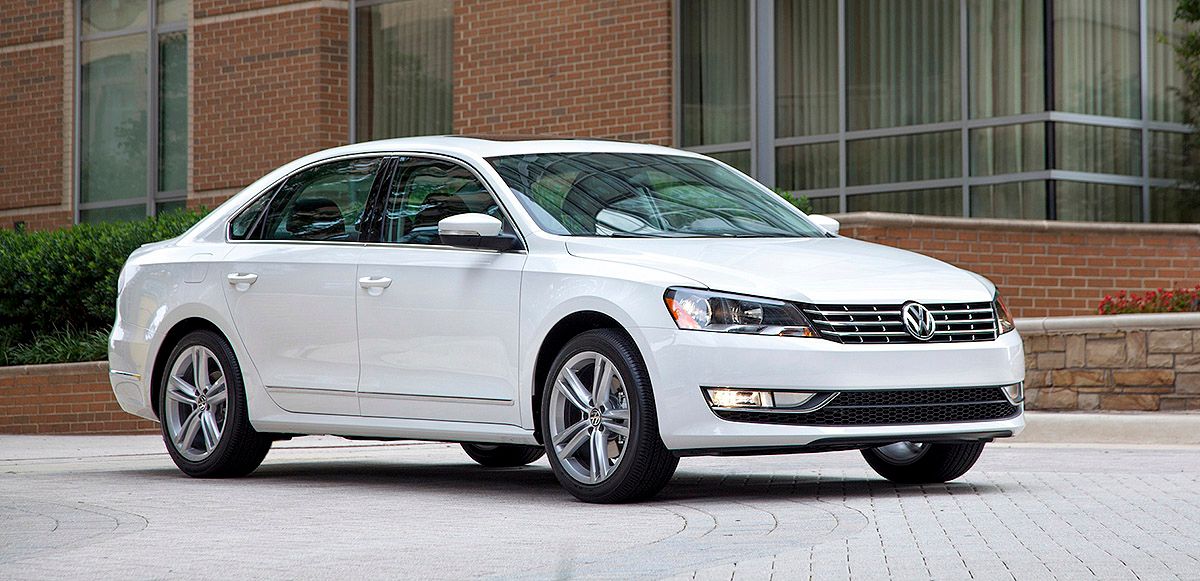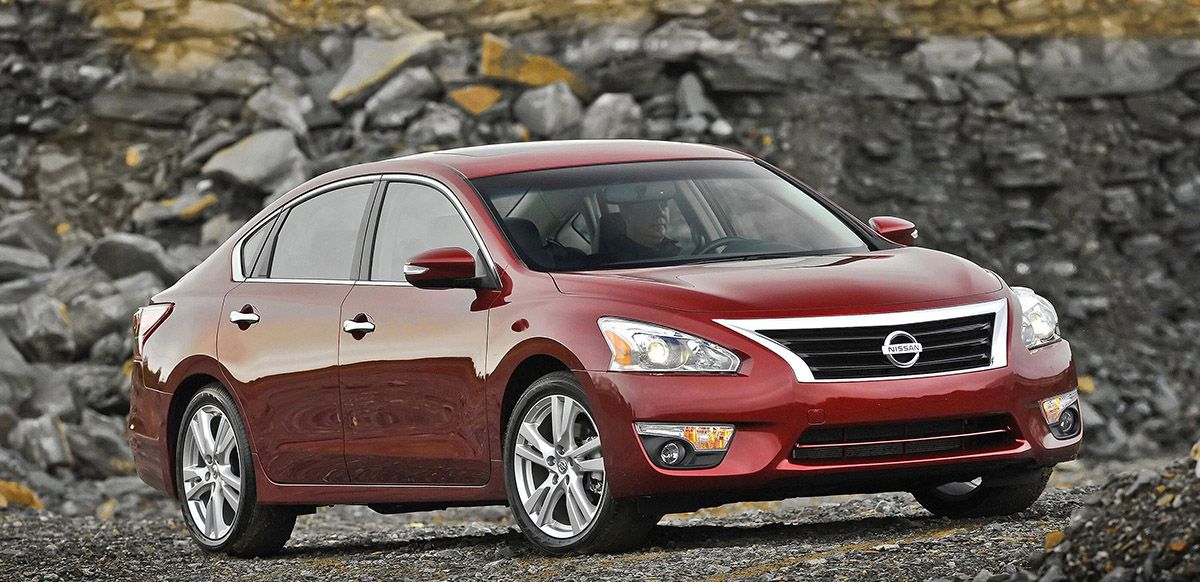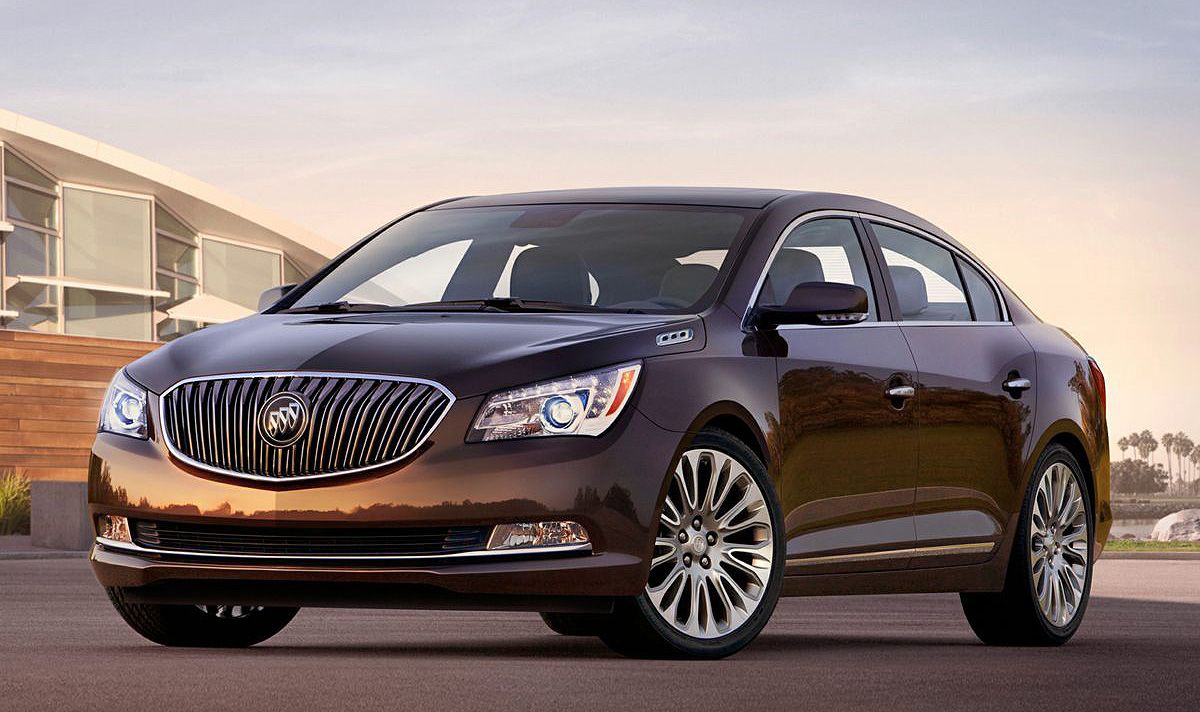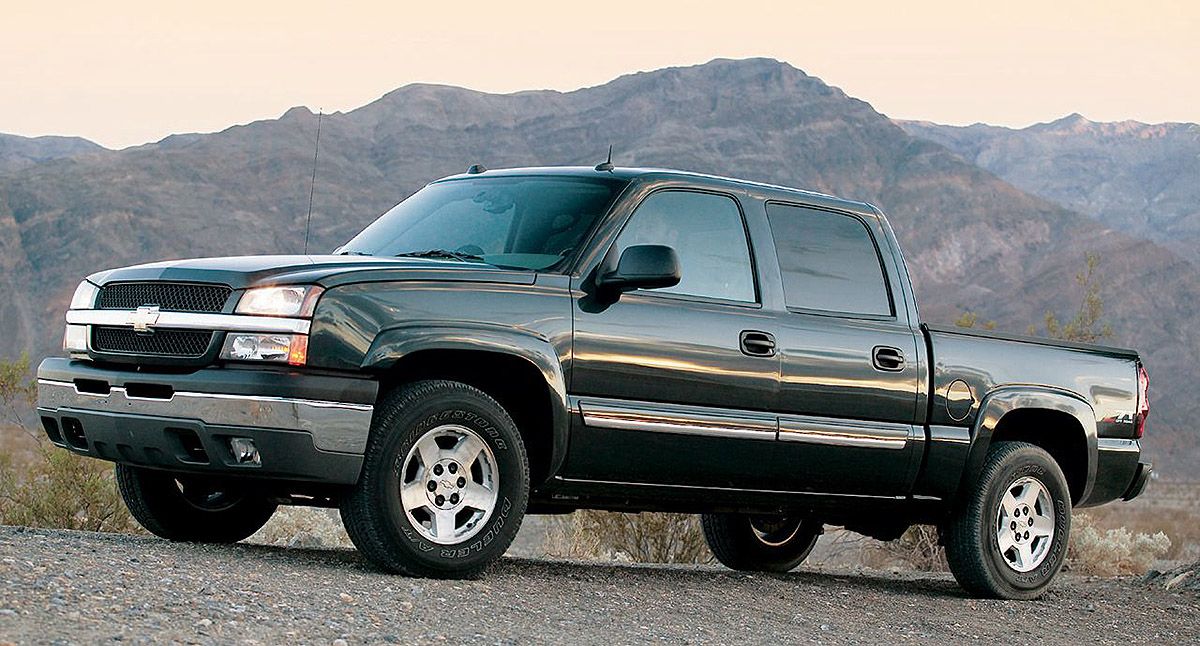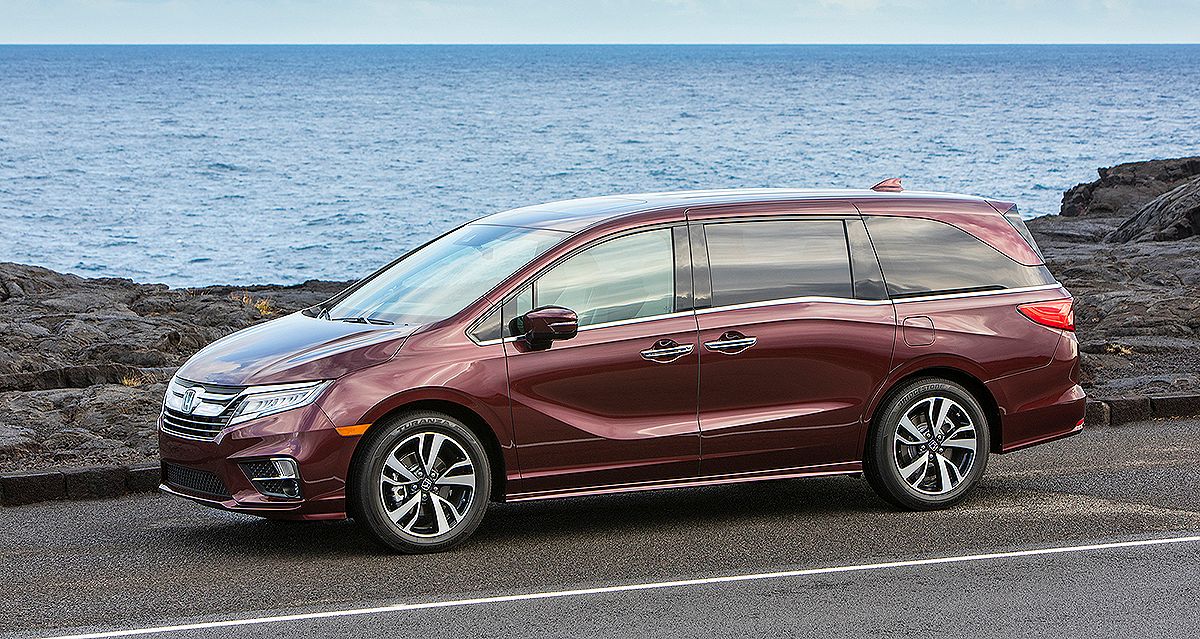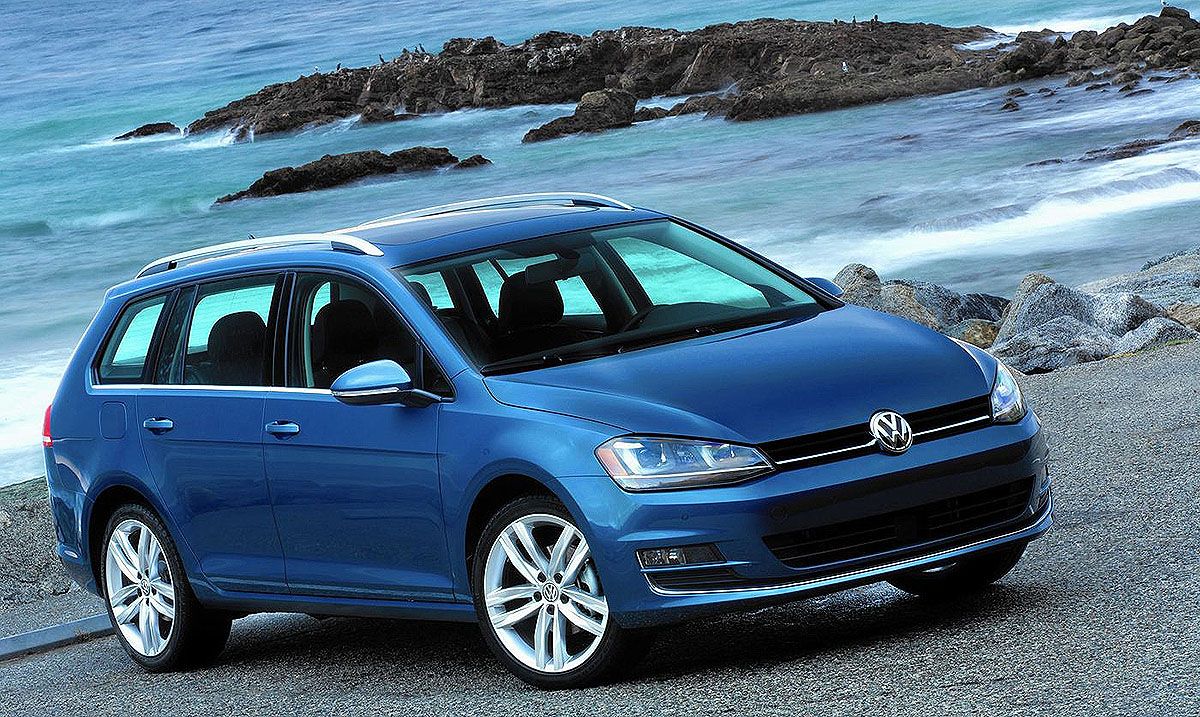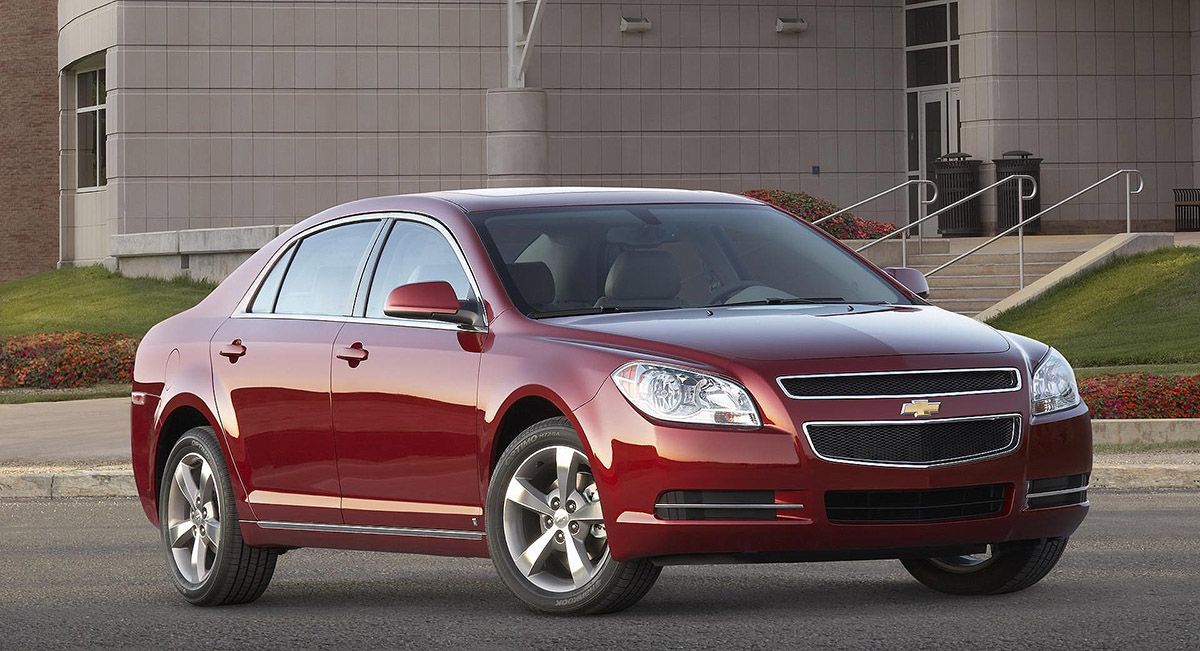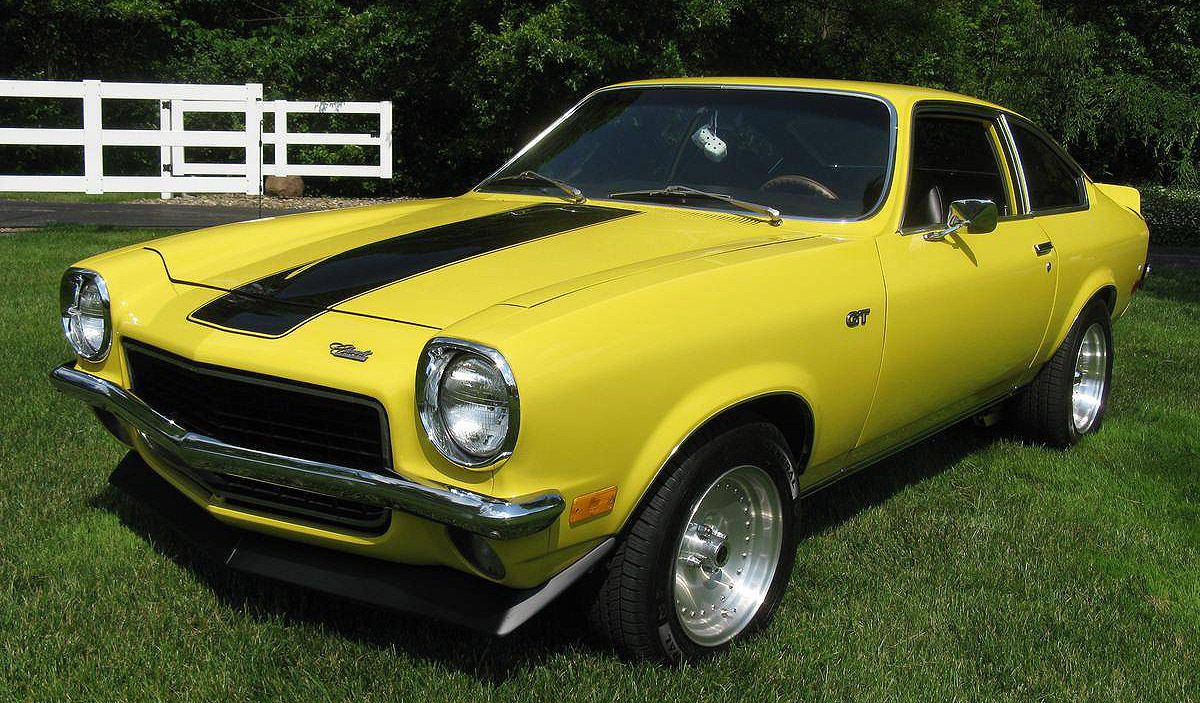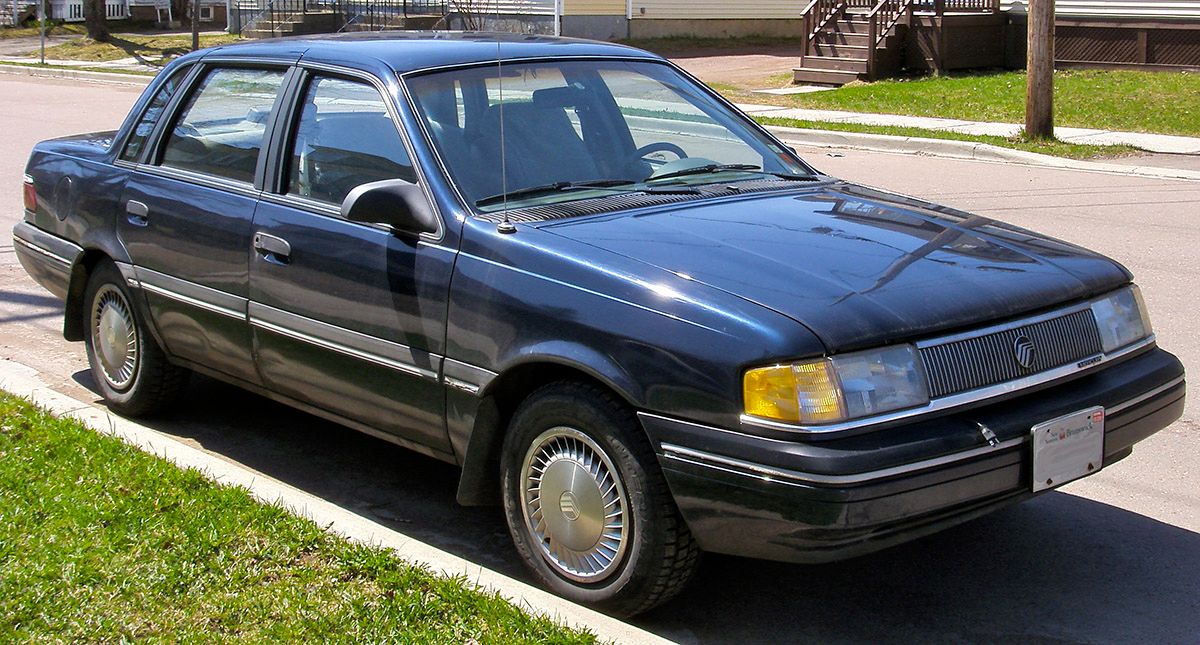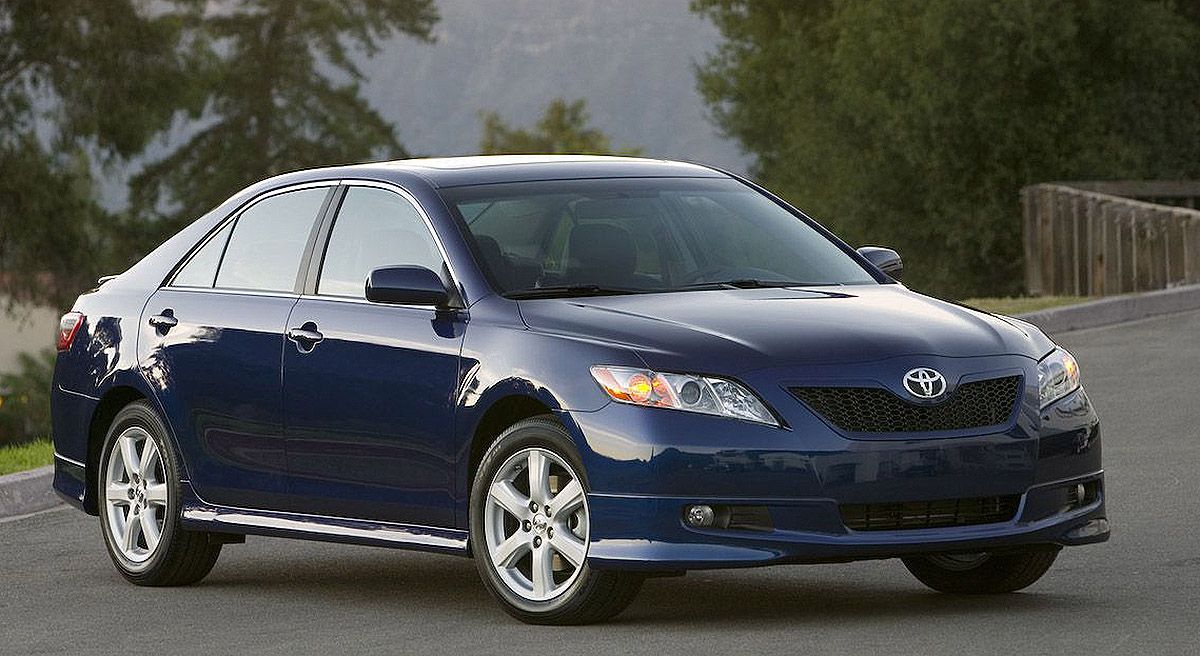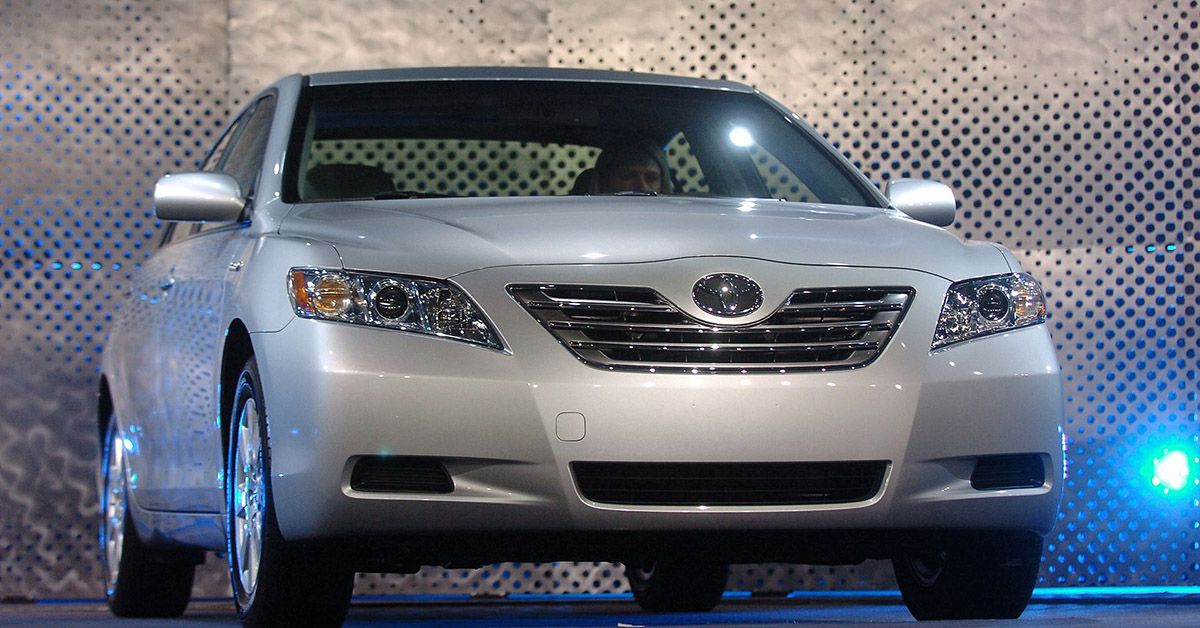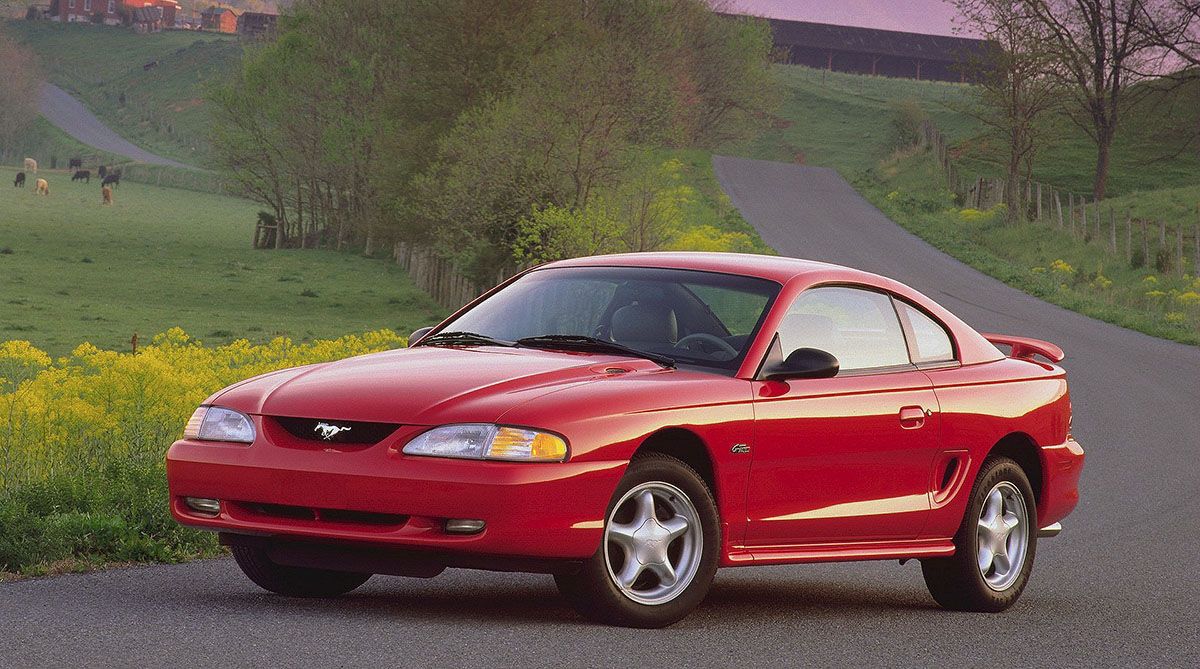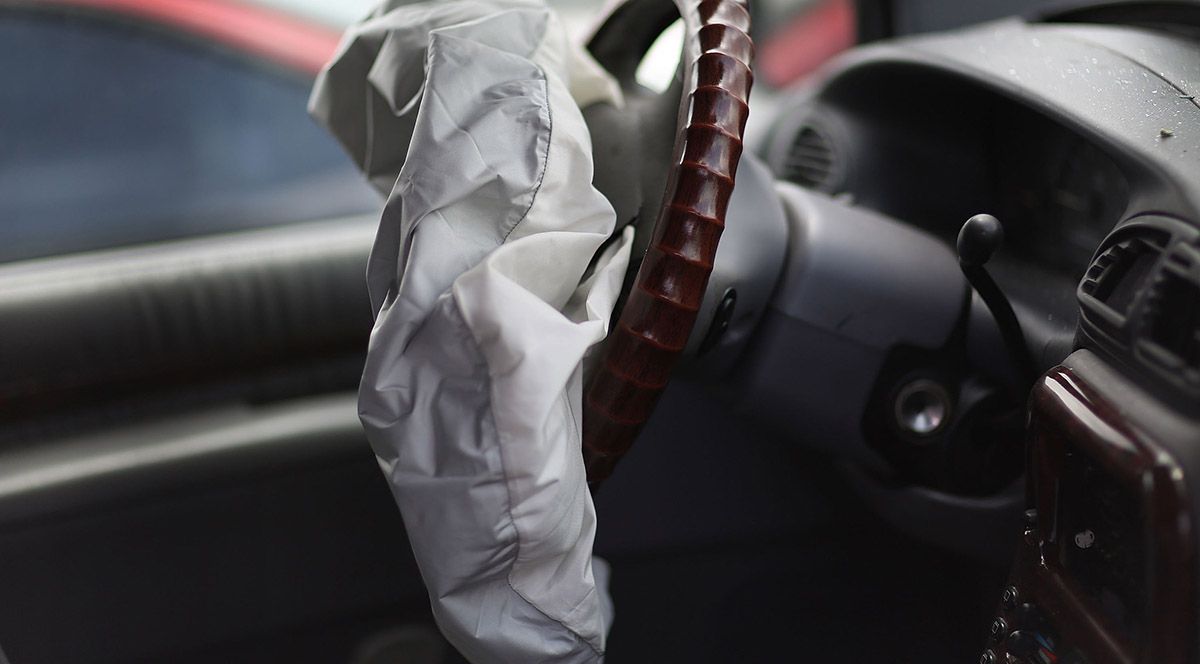Recall. Does this word strike more dread into the automaker’s heart or the consumer’s soul? We don't know. But we do know that recalling a vehicle for an automaker means plenty of ridicule, a drop in sales, and of course, the expenditure needed to put a plan in action. For the consumer, it could mean the inconvenience of being minus a vehicle or additional expenses they can barely afford. And then there is the time wasted taking the car to a service station to get it fixed.
Ideally, automakers need to make sure that the cars they are selling in the market remain free of any fault or fervor. But, ultimately, there are humans working in automotive factories, so human error enters the vehicles from the drawing board on up. And sometimes, the fault that causes a recall may not always be huge—sometimes it’s just a little door latch that refuses to cooperate or a little bolt that keeps coming unglued. It may not even be the automaker’s fault because they source parts from other manufacturers.
But it is still the automobile manufacturer’s responsibility, and they have to fix what should not have escaped their attention in the first place. So here are the biggest recalls (in sheer numbers) when it comes to automobile history. Some nearly brought carmakers to their knees, while in other cases, automakers were conscientious enough to own up to their mistakes. So read up before buying a car from an automaker that is known to hedge and fudge.
20 Ford’s Lucky Escape: 23 Million Affected Vehicles
If things had been different for Ford in the 1980s, there may not have been a Ford today. This is what happened, according to Auto Safety: “On June 10, 1980, NHTSA made an initial determination of a defect in Ford vehicles with C-3, C-4, C-6, FMX, and JATCO automatic transmissions. The supposed problem with the transmissions is that a safety defect permits them to slip accidentally from park to reverse.” Some 23,000 complaints were filed, and the total number of vehicles affected was 23 million, stretching from 1966 to 1980. Not one was recalled, though, or else Ford would have died then and there. Instead of recalls, all it had to do was send stickers to remind the owners that they need to leave the shifter in "park"! Lucky save…
19 The Recent Ram Recalls: 180K Trucks
Now that the Dodge Ram is just the Ram, it still can’t dodge recall problems, so Shakespeare may have been right when he waxed eloquent about names. According to Trucks.com, more than 180,000 2017-18 models of the Ram 2500 and 3500 pickups, 3500, 4500, and 5500 chassis cab trucks, and 2017-18 Ram 3500 chassis cabs were affected and recalled because of transmission issues. The vehicles that had the gear-shifters mounted on the steering column were the ones affected due to a fault with the Brake Transmission Shift Interlock (BTSI). If the brake pedal is pressed “for a specific duration of time”, the BTSI could overheat, which could then allow the shifter to move, even when in park.
18 Accelerating Audis: 400K Recalls
In the 1970s and 80s, after the oil crisis and all, Audi was floundering in the US market. It was at this time, too, when things went wrong with the acceleration of their cars. Basically, Audi's vehicles would occasionally decide to take control of themselves and their gas pedals and begin to accelerate autonomously—and this was when there was no parking assist in cars! What brought down the sales and upped the recall was a TV episode which showed Audis accelerating like crazy. It took years for Audi to build up a good domestic market again. Not too many cars were recalled, but Audi took a big hit in popularity and trust for years to come.
17 Help, The Benz Is On Fire: 1M Recalls
If your Mercedes won’t start, there’s a reason you shouldn’t keep trying to turn the engines. And the reason is that there was a limiter in the starter motor that tended to overheat, melt the other parts around it, and then set your car on fire because it got fed up with your repeated attempts. The recalls weren't all that substantial, just 1 million or so. And there were no injuries reported either, though having your Benz burn down in front of you is reason enough for a massive heart attack! The cars part of the recall were 2015-17 models of the C-class, E-class, CLA, GLA, and GLC SUVs.
16 The Car That Nearly Destroyed Ford: Pinto’s 1.4M Recalls
If there was ever a contest for the worst car model ever, the Ford Pinto would probably take the lead. This was a car that should have just been titled Problem instead of Pinto because it was fraught with just about everything that could go wrong in a car. According to Jalopnik, the absolute worst thing was its fuel tank placement, which also wasn’t bolted securely enough, to put it simply. This meant a little fender-bender from the tailgater behind you could basically turn your ride into a flaming ball of fire. It would literally spontaneously combust even if you patted its rear end too enthusiastically. So 1.5 million Ford Pintos and Mercury Bobcats were recalled by Ford before a formal order was issued by the NHTSA.
15 That Faulty Door Latch: Ford's 2.3M Recalls
Just a couple of years back, Ford recalled some 800k vehicles at first, but then went ahead and pulled in some 1.5 million more, totaling a massive recall of 2.3 million units. The vehicles affected were the Ford Escape, Focus, Mustang, C-Max, Transit Connect and the Lincoln MKC. Apparently, all it took was a door latch that tended to be contrary. It wouldn’t open when you wanted it to and left you stuck inside or outside the vehicle. And then, while you were driving your merry way down the road, it could suddenly swing open. Shudder, shudder. Thankfully, Ford woke up in time and got it all fixed before the worst happened.
14 The Toyota Vulnerability: 3M RAV4 Recalls
So there were two crashes that led to an exhausting 3 million RAV4 recalls by Toyota, one in the US and the other in Canada—and in both the crashes, the unthinkable had happened. The RAV4's seat-cushion frames rattled hard enough during a head-on collision to slice through the seatbelt and render the driver and passengers even more susceptible to harm. The seatbelt basically became ineffective at the exact moment when it was needed the most. This rattled Toyota enough to call for a complete recall and put a resin cover on the frames. Points for safety go to Toyota, though, as after just two crashes, they paid heed.
13 When A Gearbox Goes Kaput: VW’s 3M Recalls
In 2013, VW had a problem with its cars that was exacerbated by being sold in places with a hot and humid climate. According to VW, “It has been discovered that, with vehicles with a 7-speed dual-clutch gearbox (DQ200), electric malfunctions could occur in the gearbox power supply if synthetic gearbox oil is used. This applies in particular if the vehicle is subject to a hot and humid climate, coupled with a high proportion of stop and go driving. Mineral oil has been found to be an effective remedy.” Of course, recalling the vehicles was also effective, but hardly as much as it could have been since outside of the EU and US, recalls are hardly carried out efficiently.
12 Airbag Issue For Nissan: 3.1M Recalls
The passenger airbag sensor in many Nissan models was goofy, and by goofy, we mean stark-raving nuts. This sensor could not figure out if the passenger seated was an adult or a child, and would end up not deploying for the adult and accidentally deploying for the child. Scary scenarios in either case, right? It scared Nissan into recalling 3.1 million vehicles, which included the Maxima, Murano, Pathfinder, as well as Infinitis, among others. According to Car and Driver, Nissan tried to initially wave it off as “unusual seating posture” but when plenty of incidents happened, it had to rework the software of that sensor.
11 Censoring GM’s Sensor Problems: 3.6M Recalls
In 2016, GM voluntarily recalled 3.6 million vehicles including the Buick Lacrosse and Encore, the Chevy SS, Spark EV, Corvette, Trax, Caprice, and Silverado, and the GMC Sierra. The explanation given by GM was gobbledygook-ish but basically, the sensor that controlled the deployment of the frontal airbags was faulty. This meant that if a car did crash, the airbag could, in certain circumstances, not deploy—which was bad. Bad enough for GM to call for a voluntary recall, this from an automaker that likened an engine mount failure to a flat tire. Must have been one serious issue.
10 Tailgated By The Tailgate: GM’s 3.7M Truck Recalls
GM is the king of recalls. They’ve seen and done it all, right? Actually, even Honda, Ford, and other automakers have faced plenty of recall issues over the years. But they will keep on making cars, and we will keep on buying them because we need cars. Now in 2004, 3.7 million truck recalls was a big number for GM, the biggest in the past two decades after the 1971 engine mount failure debacle. This time around, it was the tailgate cable that was prone to corrosion and tended to give way while people loaded their truck. This, in turn, caused accidents and injuries in many cases, though nothing too serious. GM decided to avoid any negative publicity and fix the issue instead.
9 Honda Blindsided By UV: 4M Recalls
How many cars can be affected by a faulty seatbelt buckle? For Honda, the numbers went as high as 4 million recalls because one tiny little seatbelt buckle that weakened under the sun, literally. Nope, not kidding here. According to Goliath, UV radiation—together with heat—weakened the seatbelt buckle so it wouldn’t fully latch or unlatch. This meant drivers were stuck without a seatbelt or had to wrestle their way out of the one trying to keep them in place. But Honda was honest about this issue, and with innate honesty, recalled the vehicles to fix the issue. Though 4 million recalls was quite a steep price to pay.
8 The VW Lies: 4.5M Recalls And Counting
Let us count the ways VW cheated the public. It put software in its cars that could figure out when it was being tested for emissions and accordingly alter its performance to meet and surpass EPA standards. When not being tested, this was a villainous bunch of cars that were emitting more than 40 times the acceptable limit of pollutants, while extorting a premium from its buyers for its “clean diesel” balderdash. They were caught red-handed, fair and square, and made to pay a hefty fine. Plus they had to recall more than 4.5 million vehicles, and the number is still growing. For shame VW, for shame!
7 GM’s Quality Drop: 6M Recalls
When you know that you are putting out a car in the market that has a big, big flaw in it, you are heading for heaps of trouble. For GM, or rather Chevy, this heap of trouble came in the form of some 6 million recalls. Primarily, it was the Chevrolet Malibu, the car with a backseat like a rite of passage. The problem wasn’t the back seat though, it was the ignition, as well as the suspension, that loosened so much the steering would simply stop cooperating. So basically, it was one bad car gone even worse. Along with the Chevy Malibu, there were problems with the Chevy Monte Carlo and the Pontiac Grand Am, as well.
6 Just A Little Engine Mount Fail: 6.7M Chevy Recalls
How important do you think it is for a car to have its engine mounted sturdily? Come to think of it, it is pretty important. So if you had a car whose engine mounts failed at any time and just literally fell through the bottom, leaving your car stalled on top of a wrecked engine, it would be a big deal, right? Apparently, GM didn’t think so. It recalled 6.7 million cars but did so flippantly. According to Goliath, GM's president was caught saying it was a minor issue, but they went with the recall to put consumers at ease. It was not akin to a flat tire in any way. This, after some 172 engines decided to break loose of the car they were housed in!
5 Ford & Mercury Ignition Problems: 8.1M Recalls
The Mercury Topaz ran on the road for just one decade, from 1984 to 1994. But it sure made a mark in the recall world, unlike its cousin the Ford Tempo. Frankly, no one really misses the Mercury Topaz at all considering the sheer number of recalls it had to undergo. Why? Well, when you make a car, you should not have a single fire hazard in it. Unfortunately for the Topaz, and for Mercury, this one had two. A short-circuiting engine switch was bad enough, right? You turn the switch and the car goes up in flames. To add to its woes, it also had faulty cooling fans. It was a double whammy for the car and the Mercury marque, as well as other Ford and Mercury cars
4 Toyota’s Sticky Pedal: 9M Recalls
You don’t expect the reliability king to put out cars that don’t really listen to the braking system, but that’s what Toyota did. In the late 2000s, Toyota first recalled some 55,000 sets of all-weather rubber mats from its Camry and Lexus ES 350 sedans. Apparently, the rubber mats could shift and jam the gas pedal. According to Mashable, the problem was far bigger, and it took a family losing their lives for Toyota to get up and look at its cars seriously. Toyota recalled the 9 million cars and went back to the drawing board, making sure the car listened to the brakes, period.
3 The Toyota Power Window Issue: 14M Recalls
What wrong can a power window do in a car, right? In the case of Toyota, it did plenty wrong. In 2015, Toyota had to recall some 6.5 million vehicles worldwide to a fix a faulty power window switch that had a penchant to catch fire (and total the car in the process). But why did we quote the number as 14 million recalls? Because this very issue had been plaguing Toyota for a long time and it was also the fourth recall caused by a power switch. The total Toyota cars recalled stands at a whopping 14 million from this giant—which is known for its reliability—just not 14 million at one single go. This is why the bigger they are, the harder they fall…
2 When Ford Had No Control: 14.9M Recalls
Sometimes, it’s not an automaker’s mistake per se, but still, the company has to suffer all that comes with a giant recall. Case in question? Ford. The company that got lucky in the 1980s finally had to pay up in 1996, this time because of a faulty cruise control switch made by Texas Instruments. While they make good calculators, cruise control switches not so much… According to Jalopnik, this $20 switch cost Ford some $280 million to fix because it could overheat and cause a fire, even when the vehicle was switched off. Ford told the owners of the faulty vehicles not to park near their homes or garages, which would be funny except it wasn’t. Where else would you park your car, even if it did turn into a fireball every now and then?
1 When Takata Went Belly-Up: 42M Recalls
No company can survive 42 million recalls and Takata was no exception. A company that supplied airbags to more than 20 automakers, in 2013, the issue with Takata airbags came to the fore. Takata used an ammonium nitrate-based propellant minus a drying agent. Under high temperatures and humidity, this caused the airbag to improperly inflate and send shrapnel into the cab. The problem was very real. The only solution was a massive recall by car companies to fix the 69 million faulty airbags. It was a big enough problem, it turned out, for Takata to file for financial ruin and go belly-up. According to CNN, Takata's competitor bought them out for $1.6 billion. Literally, every car brand under the sun is involved in this massive recall and fix-it list...
Sources: autosafety.org, trucks.com, jalopnik.com, caranddriver.com, goliath.com, and mashable.com.

